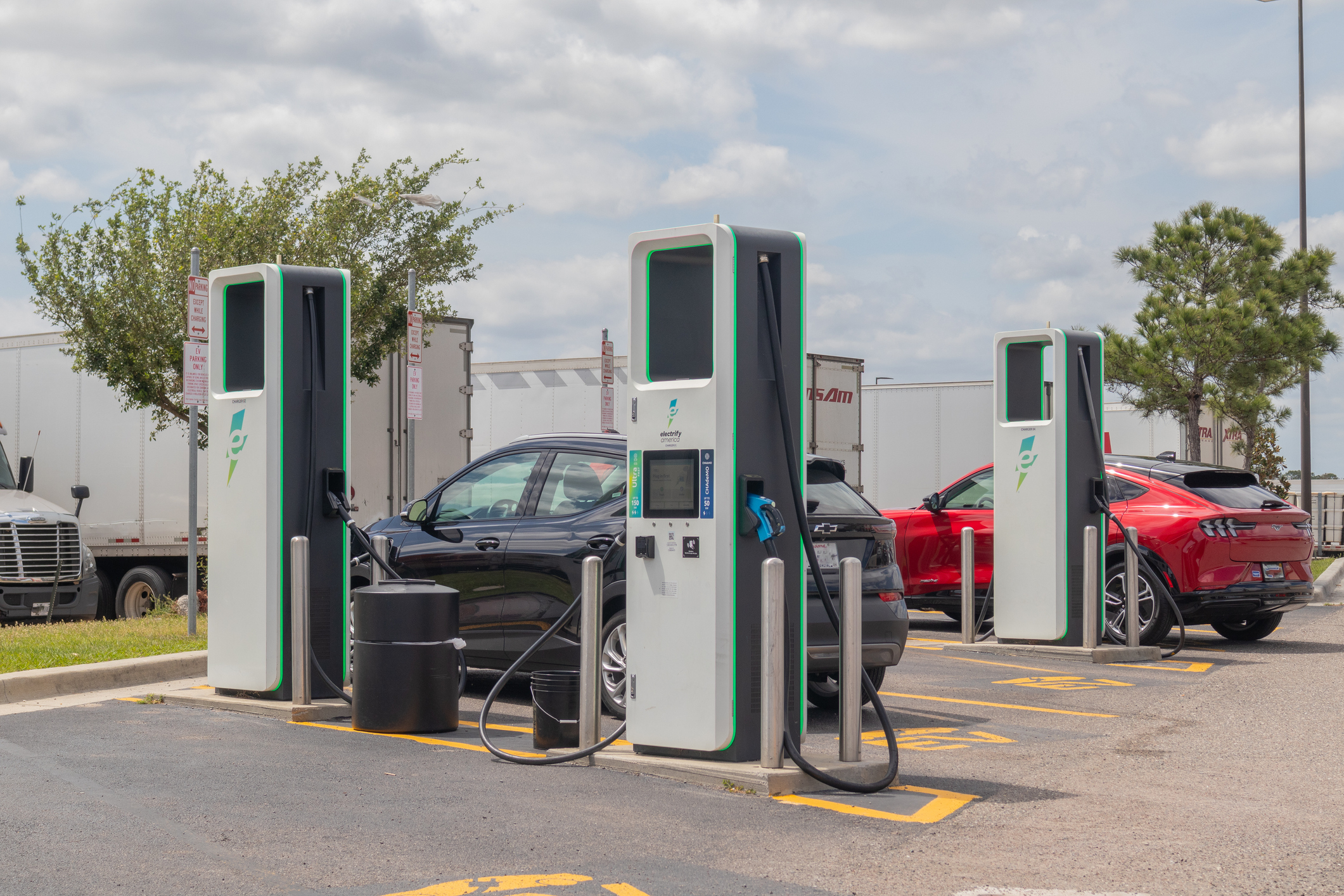The President of the Seattle Metropolitan Chamber of Commerce appears to believe that cutting taxes doesn’t reduce prices. It is a claim Rachel Smith, the President and CEO of the Chamber, made more than once in a Seattle Times editorial board meeting regarding I-2117, the initiative that would repeal the state’s tax on CO2 emissions.
In Smith’s opening statement expressing her opposition to repealing the tax, she claimed “There’s no guarantee that it’s going to reduce gas prices. This isn’t a gas tax.” Later she repeated the claim, saying, “Nothing in this initiative guarantees that prices will go down.”
This makes no sense and shows either a lack of understanding of basic economics or is evidence that she is willing to risk her credibility for the sake of a political talking point.
I am so certain that if I-2117 passes gasoline prices will fall that I am wiling to offer this bet to Smith (or anyone else from the No campaign): $100 to charity that gas prices will fall at least 15 cents per gallon compared to Oregon by the end of the year.
There are several reasons why I am so certain.
We have real-world experience this year showing this is false. Last summer, as the CO2 price hit $63.03 per metric ton (MT) of CO2, the gap between Washington and Oregon’s gas prices jumped to over 40 cents per gallon. Average prices in the two states had been virtually identical just before the CO2 tax took effect.
When the CO2 tax fell by half this year, on the other hand, the price difference of gasoline between the two states fell proportionally. In June, the CO2 tax was $29.92 per MT of CO2. The price difference between Washington and Oregon fell to about 23 cents per gallon, according to GasBuddy. As the tax fell, so did prices.
Claiming we don’t know if prices will go down if the CO2 tax is repealed ignores what happened over the last six months.
Of course, it shouldn’t take real world experience to realize that cutting taxes lowers costs. This is basic market economics. Gas stations or fuel suppliers who kept their prices high when the price declined this year would have seen their customers go elsewhere as competitors dropped their prices. Just as tax increases are passed along to customers, tax cuts are also passed along.
One indication this claim is false is that Smith contradicted herself when talking about businesses like the oil company BP. The argument that cutting taxes wouldn’t reduce prices assumes that BP and other fuel suppliers would pocket the savings rather than pass them along.
However, she later claimed that BP was supporting the CO2 tax because “it is the right thing to do.” Apparently, she thinks thinks that BP supports tax increases because they are the right thing to do, but if those taxes were cut, BP would greedily refuse to lower costs and pocket the difference.
When the CO2 tax is law, BP is virtuous, but when it is repealed, BP suddenly becomes greedy.
Greedy or not, pocketing the difference and keeping prices high would be a foolish business strategy. The President of the Seattle Chamber of Commerce doesn’t seem to understand that.
She tried to give herself an out. She claimed that cutting the CO2 tax didn’t guarantee lower prices because “it isn’t a gas tax.” She seems to realize that a cut in the gas tax would guarantee lower prices, but somehow think that doesn’t apply to CO2 taxes. But a CO2 tax is a gas tax. Instead of being measured in cents per gallon it is dollars per metric ton. There is a fixed amount of CO2 emitted by every gallon of gas, so the two ways of accounting are identical, they just use different terms. A tax of $1 per metric ton is equivalent to about 0.9 cents per gallon. There is no logical reason a cut to a “gas” tax would be different from a “CO2” tax.
During the meeting, Editorial Board member Alex Fryer, who previously served as Dow Constantine’s communications director, challenged me when I noted the absurdity of Smith’s claim that cutting taxes did not “guarantee” prices would decline. He demanded, “Can you guarantee that gas prices will go down?”
As you can see in the video, I responded by saying, “Yes, I can. In fact, how about this, I will bet you $100 to charity, that if 2117 passes, prices will go down by, we’ll say January, by at least 15 cents per gallon.” In the moment I misspoke, because what I meant to say was 15 cents per gallon compared to Oregon’s average gas price.
Alex didn’t take the bet. Editorial Board Editor Kate Riley added that she didn’t approve of gambling and nixed the idea. However, moments later, Riley did say to me and Smith, “Maybe you guys should be betting.” Seconds later she added, “just kidding.”
But why not bet? I offered the bet because there is too little accountability for political hyperbole and confidently saying things that are wrong. A bet offers financial and, perhaps more importantly, reputational accountability.
So, if Rachel Smith truly believes, and wants others to believe, gasoline and energy prices won’t go down when the largest energy tax increase in state history is repealed, here’s her opportunity to demonstrate that.
My offer is $100 to charity that the difference between Washington and Oregon’s average gasoline prices according to AAA or GasBuddy fall at least 15 cents per gallon by the end of 2024. The baseline for comparison will be the difference between Washington and Oregon’s prices on Election Day, November 5.
If I win, she would donate $100 to Plastic Bank, an organization that prevents plastic from reaching the ocean. If she wins, I will donate $100 to a charity of her choice.
My guess is that she will not take the bet. Politicians and activists don’t like accountability. Betting is a tax on nonsense and people don’t like taxes. Maybe she will take the bet and tax herself because it is “the right thing to do.”
I look forward to hearing from her or anyone else from the No campaign willing to take my bet.




